Carbon Capture Utilisation and Storage Pilot
The Council for Geoscience (CGS) held a workshop on 22 January 2024 to introduce their pilot project to capture and utilise CO2. The project will be in Leandra, Mpumalanga.
The allocated area contains minerals that are highly reactive with anthropogenic CO2. These minerals largely include plagioclase and ortho pyroxenes. This encourages mineral trapping (in situ carbonation). The geochemical conversion of CO2 reduces the risk of leakage over time.
CGS has signed MoUs with Sasol and Exxaro to collaborate on the project. Both organizations have knowledge and skills in-house that can be used in CCUS-related processes. Additionally, they have the potential to supply the CO2 needed for test injection.
CCUS conducted a 3D seismic survey to gain knowledge and understanding of the subsurface geology and related structures. They drilled an 1800 m stratigraphic core borehole that targeted the basalt horizons earmarked for injection. They plan to include a suite of downhole geological techniques. Some of the downhole activities are Geological and Geotech logging, hydrogeology, downhole geophysics and vertical seismic profiling.
The data collected will provide clarity on the strength of favourable geological and environmental conditions, influencing the decision on geology’s sustainability for CO2. injection. Groundwater information is also part of the data collected.
Detailed engineering designs for the pilot plant are being worked on by Carbfix. CCUS is expecting to inject between 10,000 or 50,000 tons of CO2 into the basalts. The site is also considering other storage options like saline aquifers and coal seams. The completion of the design is scheduled for February 2024.
The CCUS project will bring innovation and enhance the skill level of the business community. Any member needing more information should contact Anna-Marth Ott at ceo@middelburgchamber.com.


